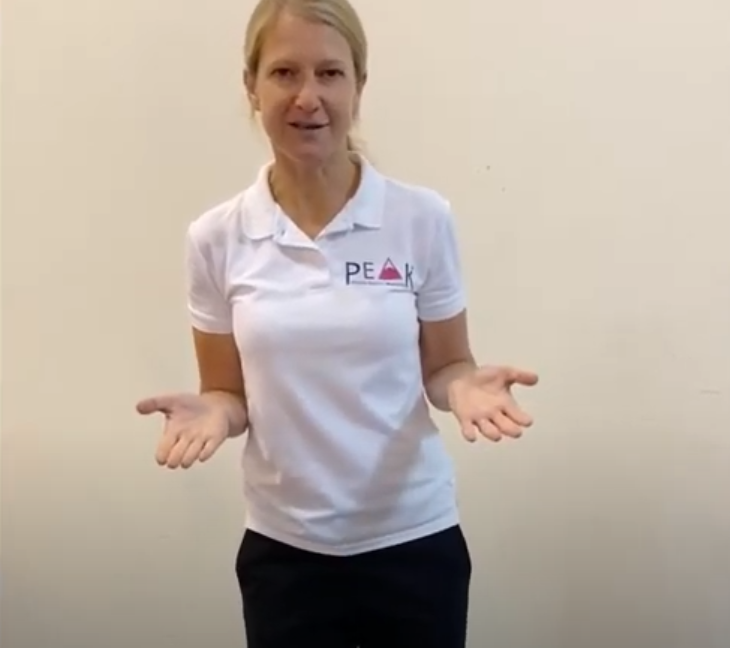Are you looking for ski fitness tips? Jane Newman from Peak Physio talks to us about getting your ski fitness into the right place before the ski season.
What would you advise to get in shape for winter 2020/21?
The key thing to be fit for your skiing holiday is to remember three prime areas: endurance, strength and flexibility.
For Endurance you want to try and use the muscle groups that you’ll be using when you’re skiing.
The most similar exercises are ice-skating, roller-skating and roller-blading. Other forms of exercise that are very good are cycling and running.
Strength training is also very important. If you’re a member of a gym, then it’s very straightforward as there’s lots of machine-based exercises that can help.
If you’re not a member of a gym, it’s not a problem at all, just watch the video below for some exercises you can do at home.
Flexibility is also key. Before you start exercising this needs to be dynamic stretching exercises and after exercise more traditional-type stretching.
It’s also very important to remember that if you’re carrying any niggling injuries pre-skiing to get those sorted as soon as possible.
It really isn’t helpful to leave it to a few weeks before departure to try and get on top of these.
For fitness training, it’s best to start sooner rather than later.
How can we best avoid injury?
Firstly, note what we have already said on the mix of endurance, strength and flexibility. Make sure you warm up correctly and warm down at the end of the day.
Other factors include equipment. If you are hiring skis, it’s very important that you hire them from a reputable shop where the bindings are set correctly, so that your ski will come off if you fall awkwardly, but won’t come off if you’re skiing fast over bumps for example.
It’s important to wear layers as the weather can change quickly on the mountain, but safety equipment such as helmets and wrist guards (for snowboarders) are really important.
Hydration is another factor. It’s very easy to get dehydrated in the mountains because of the altitude and any small amount of dehydration will affect physical performance.
Fatigue is another classic issue. We all want to do as much skiing as possible and most injuries happen towards the end of the day when we are fatigued. So when you are getting tired towards the end of the day, take stock and think, have you got enough energy in the tank to do that final run.
Alcohol on the mountains is another issue that we take seriously. Alcohol does affect your balance, your proprioception and your risk-taking judgement, so just be careful how many vins chauds you have on the mountain!

Example exercises in the video
Lunges (1:45)
Squats (1:50)
Heel flicks (1:58)
Wall slide (2:12)
Single Leg Balances (2:31)
Knee Dips (2:35)
Bridge (2:50)
Tricep Dips (3:10)
Quad Stretch (3:25)
Calf Stretch (3:29)
You can also watch this video on Facebook
